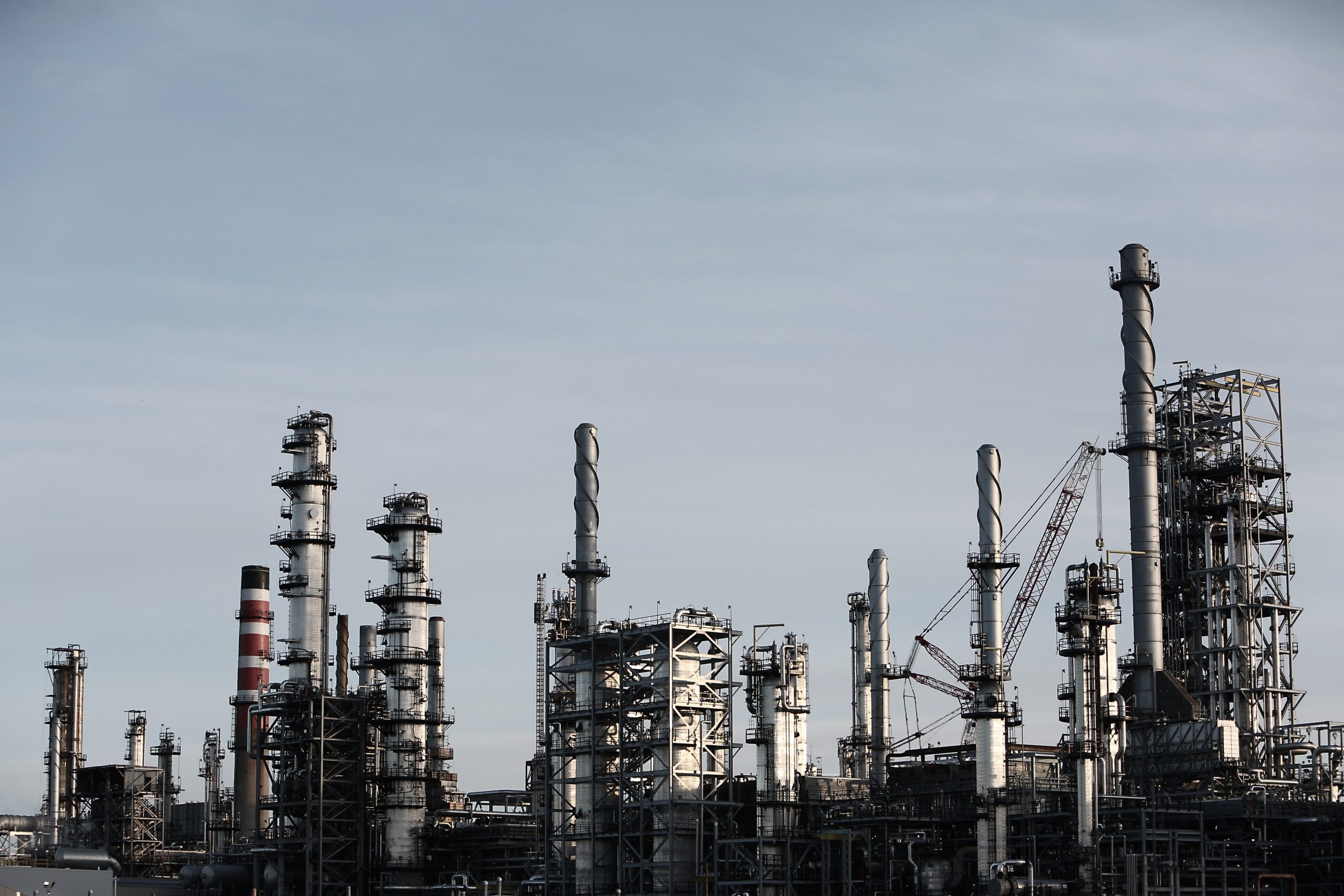The world’s wealthiest 1% generate double the greenhouse gas emissions compared to the poorest 50%, who endure the majority of climate impacts.
Leading fossil fuel corporations, including BP, Shell, ExxonMobil, Total, Chevron, and Saudi Arabia’s state oil company, are liable for at least $209 billion annually in climate reparations, a new study estimates.
This compensation is intended to aid communities severely impacted by the pollution and environmental degradation caused by these companies and their decades-long misinformation campaigns regarding climate change, researchers found in a landmark study published in the One Earth journal.
The 21 major polluters highlighted in this study are projected to be responsible for climate crises worth $5.4 trillion between 2025 and 2050. These crises encompass a range of environmental catastrophes, including droughts, wildfires, sea level rise, and glacial melting.
This research represents a pioneering effort to determine the economic burden individual corporations, who have profited immensely from the exploitation of fossil fuels.
This is particularly crucial amidst intensifying debates regarding who should shoulder the financial responsibility for climate change mitigation and adaptation.
The paper, titled ‘Time to Pay the Piper‘, proposes a compelling argument for the corporations most accountable for climate breakdown to employ their “tainted wealth” to aid victims.
However, the researchers note that the $209 billion figure is a conservative estimate, given that it doesn’t consider the economic impact of loss of life, livelihoods, species extinction, biodiversity loss, and other wellbeing aspects not quantified in GDP.
Co-author Richard Heede, who also serves as the co-founder and director of the Climate Accountability Institute, stated: “This is only the tip of the iceberg of long-term climate damages, mitigation, and adaptation costs.”
The study relies on the carbon majors database, which documents the emissions of individual oil, gas, and coal companies since 1988. This year marked the inception of the Intergovernmental Panel on Climate Change (IPCC) and signified the point at which industry skepticism about climate change was no longer scientifically plausible.
This research and its “polluter pays” principle are being hailed as pivotal steps towards achieving climate justice for communities and nations that have contributed least to the crisis but bear its harshest consequences.
Despite the progress made during international climate negotiations, the financial responsibility for climate mitigation has largely been assigned to nation states. This perspective is widely accepted, given that the world’s wealthiest 1% generate double the greenhouse gas emissions compared to the poorest 50%, who endure the majority of climate impacts.
However, wealthy northern nations are criticised for failing to adequately fund climate adaptation efforts in poorer countries. As the pace of climate-related destruction accelerates, calls for reparations are increasing.
During last year’s UN Cop27 summit, states agreed to create a “loss and damage” financing fund to partially compensate less affluent nations for the financial and non-financial costs of climate disasters.
The global economic damage expected from climate change is estimated at $99 trillion between 2025 and 2050, with fossil fuel emissions accounting for $69.6 trillion, as per the consensus of over 700 climate economists.
The study suggests that the fossil fuel industry should bear one-third of these costs, with governments and consumers shouldering the remainder. This implies that the global fossil fuel industry is accountable for a minimum of $23.2 trillion in climate-related economic losses over the next 25 years, or $893 billion annually.
The reparations owed by the worst 21 oil, gas, and coal producers are calculated based on each company’s operations and product-related emissions since 1988 and the economic conditions of their home countries.
Saudi Aramco, with the highest emissions, would owe $43 billion annually, approximately one-quarter of its 2022 profits.
ExxonMobil would owe $18 billion annually compared to its record $56 billion profit in 2022.
Shell and BP, who collectively made $68 billion last year, would be liable for $30.8 billion in annual climate reparations.
The researchers exempt companies in low-income countries (India, Iran, Algeria, and Venezuela) and halve the liability for producers in middle-income countries (Russia, China, Mexico, Brazil, and Iraq), arguing that it would enable these countries to increase tax revenue and make additional progressive contributions.







